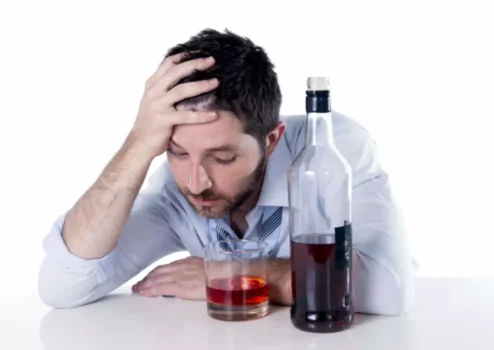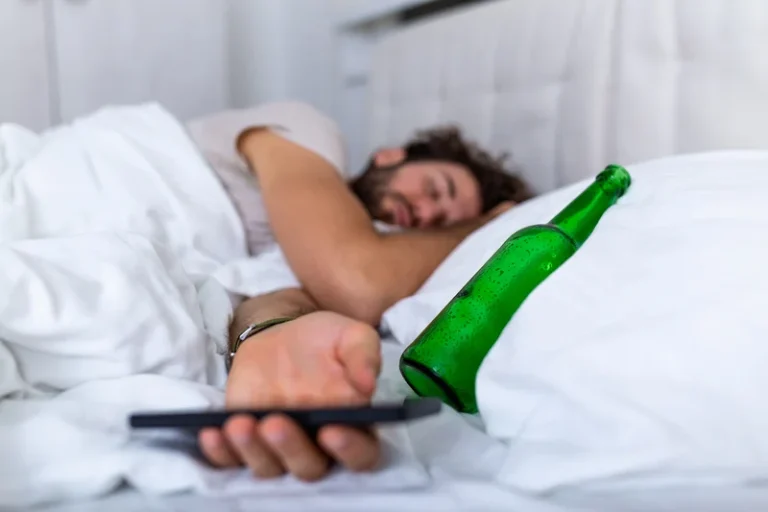
Eating a balanced diet, particularly with “super foods” that support mental health, is highly beneficial for easing stress and improving mood. Regular exercise, a consistent sleep schedule and reduced caffeine and sugar intake can also help reduce anxiety. If you take medication for anxiety, or you take anti-inflammatory drugs or narcotics, drinking can cause problems with anxiety. You can become agitated and jittery because your body is busy processing the alcohol, which neutralizes the effect of these medications. Similarly, people with severe anxiety disorders may be more likely to develop AUD, particularly if they use alcohol as a coping mechanism.
Psychotherapy for Anxiety Disorders
This has been demonstrated in a series of studies evaluating the intersection of gender, social anxiety disorder, and treatment modality. Early work in this area from the Project MATCH sample revealed an intriguing interaction (Thevos et al. 2000). Specifically, whereas socially phobic men benefitted equally well from either cognitive–behavioral therapy (CBT) or 12-step facilitation (TSF), women with social phobia fared less well if they were assigned to TSF.

Medical Professionals
Of course, alcohol withdrawal itself can also cause anxiety and panic attacks. Withdrawal anxiety is complicated, but it essentially comes from the way your mind experiences the stress of losing out on alcohol. So much goes on in your brain that it alters your brain’s chemicals and causes a host of physical changes that can lead to anxiety. If someone suffers from alcohol use disorder (also known as alcoholism or alcohol dependence), quitting alcohol must be a priority. Alcohol can cause several long term health issues, in addition to some of the personal challenges that come from the disorder. Please review the linked description of alcohol use disorder, and if you need help, review this link for treatments and resources.
- People can speak with a doctor if they experience AUD and anxiety.
- Alcohol may be a temporary, unhealthy way to relieve anxiety and forget about your underlying stressors; however, using alcohol does not erase these underlying triggers.
- I could not shake the feeling that I had left the gas to my stove on and was going to come home to a destroyed apartment.
- To avoid this bias, epidemiological data drawn from large-scale community samples can provide the most informative figures.
People with anxiety may be at increased risk of alcohol use disorder
It’s also a place to start addressing underlying issues that may be related to alcohol use. If you experience alcohol-induced anxiety, it is possible to manage it. Reducing consumption, seeking professional help, making lifestyle changes, and learning to use coping strategies are all effective ways to limit the impact on your anxiety levels. Keep in mind that using alcohol to treat anxiety symptoms might start a harmful cycle. You may develop withdrawal symptoms if you become dependent on alcohol. Unfortunately, people already susceptible to anxiety and depression are also more likely to experience “anxiety” after drinking and feel it to a greater degree or for a more extended period.
Step 2 – reduce
As with other addictions, groups are very helpful, not only in maintaining sobriety, but also as a safe place to get support and discuss challenges. Sometimes treatment programs for co-occurring disorders provide groups that continue to meet on an aftercare basis. Your doctor or treatment provider may also be able to refer you to a group for people with co-occurring disorders. To stay alcohol- or drug-free for the long term, you’ll need to build a new, meaningful life where substance abuse no longer has a place. Once you are sober and you feel better, you might think you no longer need medication or treatment.

Administration of these methods for comorbid individuals is complex and may require modification of standard procedures to yield the greatest efficacy. It also is notable that the optimal sequence and timing of treatments remain undetermined even after decades of scientific inquiry. In light of the current evidence, the most practical approach to combining treatments is to weigh the benefits and drawbacks of each method and apply them judiciously. Caution also is suggested with the use of MAO-Is and TCAs for comorbid individuals. These beverages include certain beers (e.g., imported beers, beer on tap, and nonalcoholic or reduced-alcohol beers), red wines, sherry, liqueurs, and vermouth, which is critical to know when treating people who also have alcohol problems. TCAs also should be used with caution among people with co-occurring AUDs and be prescribed only after other treatments have been ruled out because these medications can have an enhanced adverse-effect profile in this population.
For every drink you have, you urinate as much as 50% to 100% more water, and this water is taken from other parts of the body. Post-traumatic stress disorder (PTSD) is a condition where you have recurring distressing memories, flashbacks and other symptoms after having or witnessing a traumatic event. Treatment options include antidepressant medication and non-medicinal https://ecosoberhouse.com/ treatments such as cognitive behavioural therapy. There can be a lot of rushing around and social events to prepare for, as well as high expectations. If you struggle with social anxiety, the festive season can bring additional challenges. However, it is possible to control your anxiety so you can still enjoy Christmas in a way that feels manageable for you.
- Anxiety sensitivity also has been linked to the incidence of both anxiety and substance use disorders (DeHaas et al. 2001; DeMartini and Carey 2011; Schmidt et al. 2007).
- There are noteworthy advantages of this approach relative to sequenced treatment, such as, at least theoretically, reducing the chances of relapse by attending to both disorders.
- Antidepressants may be taken every day to help treat anxiety, while benzodiazepines are generally used for temporary relief from uncontrollable feelings of anxiety.
- The fact that all these physiological changes can cause symptoms so similar to those of a panic attack can trick your brain into having a real one.
- Alcohol can also make anxiety worse because it affects the levels of other mood-influencing chemicals like serotonin.
Seek professional counseling
- You may develop withdrawal symptoms if you become dependent on alcohol.
- But substance abuse and mental health issues can happen to any of us.
- A lack of sleep can exacerbate anxiety, and sleep is often disrupted after a night of heavy drinking.
You can’t heal or manage an anxiety disorder and continue drinking any more than you can lose weight and eat McDonald’s every day. It was not possible to manage my anxiety or depression without sobriety. We drink to manage stress and anxiety, not realizing that alcohol changes our brain chemistry and hormones in ways that make us more stressed, anxious, and depressed. If you’re someone who is prone to panic attacks when there is no obvious external trigger, dealing with the stress of mistakes can make having one more likely.

People with AUD may also experience alcohol withdrawal, which can involve physical symptoms of anxiety, such as rapid heartbeat, nausea, and shaking. People with severe does alcohol cause anxiety attacks anxiety disorders may be especially at risk of developing AUD. In the United States, “moderate” typically refers to two drinks a day for adult men and one for women.
It gets better, but you have to quit drinking.

Alcohol can also impair your ability to get restorative rest because you’re less likely to enter REM sleep, which has been shown to increase your risk of dementia. A lack of sleep can exacerbate stress, anxiety, and depression, so try to get 7 to 9 hours of quality sleep a night. Exercise is a natural way to bust stress, relieve anxiety, and improve your mood and outlook. To achieve the maximum benefit, aim for at least 30 minutes of aerobic exercise on most days. The study also found that people in early abstinence showed altered BNST-functional connectivity during unpredictable threat cues, which was dependent on anxiety and sex. If you’re stuck in this awful cycle, please know that you are not alone.
